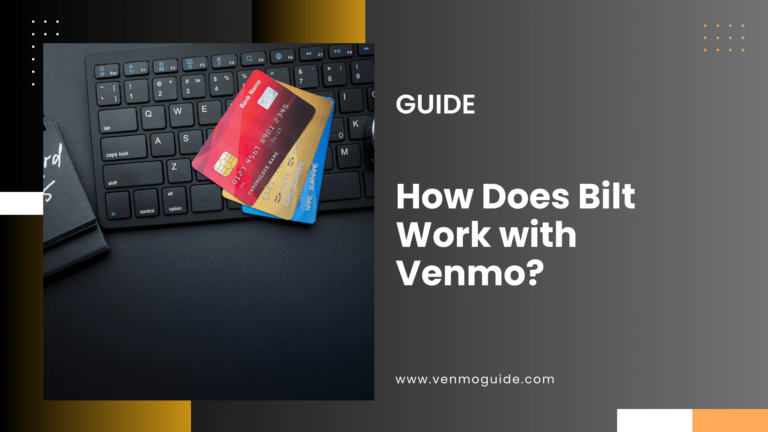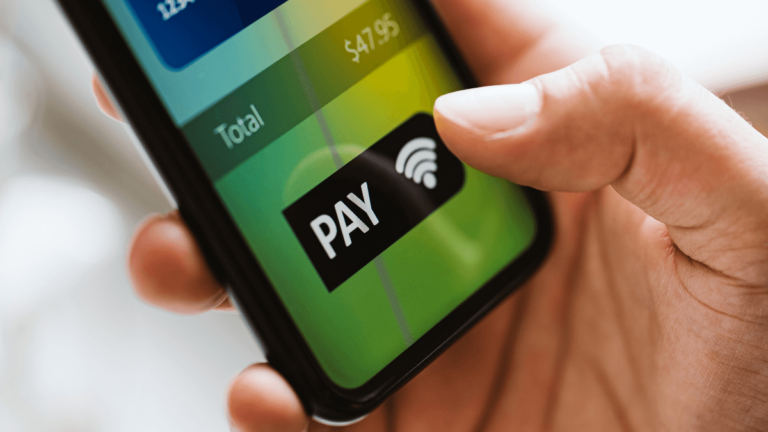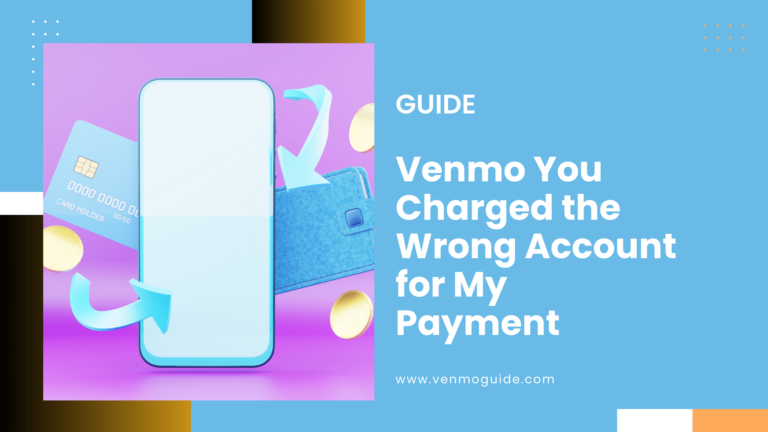Venmo is a great way to transfer money between friends and family members, but sometimes, you might not want to go through the hassle of verifying your identity.
Can I use Venmo without verifying my identity?
Yes, you can use Venmo without verifying your identity. However, to enjoy the full benefits of Venmo, such as accessing your account from different devices or withdrawing funds to your bank account, then you must verify your identity.
This article will tell you why it’s best to verify your identity on Venmo and how to do so.
RELATED: Is it Safe to Verify my Identity on Venmo? Here’s Why

What Are the Benefits of Verifying Your Identity on Venmo?
First, you must understand that Venmo—like many other payment applications—falls under the rules of federal law. So, Venmo needs to have a database of its users with legit details.
This information includes name, date of birth, address, SSN, or ITIN numbers.
That’s why we don’t recommend using Venmo without verifying your identity.
Plus, here are the benefits that you won’t be able to get if you use Venmo without identity verification:
- Send and receive money from friends
- Keep your account safe and secure
- Withdraw funds directly to your bank account
- Access your account from different devices
READ: Why is Venmo Asking to Confirm Identity?
How to Verify Your Identity on Venmo
To verify your identity on Venmo, you must go to the app and input the required information.
- Open the Venmo app
- Select the “Me” tab
- Go to the “Settings” tab on the top right
- Tap on “Identity verification”
- Enter the required information
- The information you enter should be enough for Venmo to verify your identity by matching the credentials you enter with their national database.
However, this automatic verification method might fail to verify your identity. For example, this may happen due to missing information or if your name/address has changed.
In such cases, Venmo will ask for additional information for verification like your passport, driving license, U.S. government-issued ID, Tribal card, or DHS card.
Documents Required for Venmo Verification
In other cases, automatic verification may not work because of wrong information about your address. In that case, you can submit the following documents to complete the verification:
- Car registration
- Lease for residence
- IRS letter
- Utility bill (internet, gas, or phone)
- W2 or paystub
- Bank or credit card statement
Note that all these documents should be dated in the past 12 months.
The last reason that automatic verification might fail is because of wrong SSN or ITN numbers. In this instance, you can submit any of these documents to complete your verification:
- SSN/ITN assignment letter
- SSN card
- IRS letter
- W2 or paystub with a published SSN
Is It Safe to Share Personal Information With Venmo?
You might be concerned about sharing personal information with online payment apps. However, Venmo is one of the most secure payment platforms available today.
That’s because all your personal information is protected by data encryption technology.
Plus, Venmo is backed by PayPal, one of the most trusted and reliable payment service providers worldwide.
So, you can rest assured that your information is in good hands!
What Are the Risks of Using Venmo?
Even though Venmo is generally safe to use, sometimes you might be at risk when using the app. However, these risks don’t come from the app itself. Instead, they come from scammers who use online payment apps as a tool to steal from others.
Here are some risks associated with using Venmo:
- In-person Scams
If someone asks to borrow your phone, they may be able to open Venmo and transfer money to their account.
Unfortunately, these scams have already happened to some people who don’t have a PIN code or Face ID for Venmo.
- Fake Rewards Scams
A scammer sends you an email or text message with a link saying you won a cash reward. When you click that link, it takes you to a webpage asking you to log into your Venmo account to redeem the bonus.
If you enter your Venmo credentials, the scammer will receive them, hack your account, and steal your funds.
- Fake-listing Scams
If you’re online shopping on fake websites, you might find a product with a special discount if you pay through Venmo. Unfortunately, many of these products are fake and listed by scammers so you’ll end up sending them money through Venmo.
Unfortunately, you can’t cancel or reverse a Venmo payment once it reaches someone.
How to Keep My Venmo Account Safe and Secure?
Keeping your Venmo account secure is essential to avoid any potential headaches. Here are a few tips to help you out:
- Create a Strong Password
Forget about 8-character passwords. Use a long password combining different numbers, symbols, and letters.
Also, avoid including personal information in your passwords, like your name or phone number.
Finally, if you have multiple Venmo accounts or other accounts on any other payment application, avoiding using the same password for all accounts would be better.
- Enable-two Factor Authentication
Two-factor authentication provides an extra layer of security to your account.
If you enable it, Venmo will send a verification code to the registered mobile number if you sign in from another device to confirm your identity.
- Use PIN Code and Biometric Unlocking
It’s essential to use a PIN code for Venmo so that if someone else tries to open the app on your phone, they’ll be asked to enter a PIN code to log in.
Furthermore, if you turn on biometric unlock, Venmo will ask for your fingerprint or face ID every time you log in.
- Turn off Default Public Settings
Transaction information on Venmo is public by default, which means that anyone can see how much you spend. That might make you a target for hackers or marketers.
To prevent this, go to your settings, select “Privacy,” then choose “private.” By doing this, only you and the recipient can view the transaction.
To Sum Up
Venmo is a great way to send and receive payments on the go without carrying around cash. However, to get the full benefits of Venmo, we think it would be best to verify your identity.
This precautionary measure ensures that only authorized users can access their funds. Venmo requires this information to comply with financial regulations and protect its customers.






